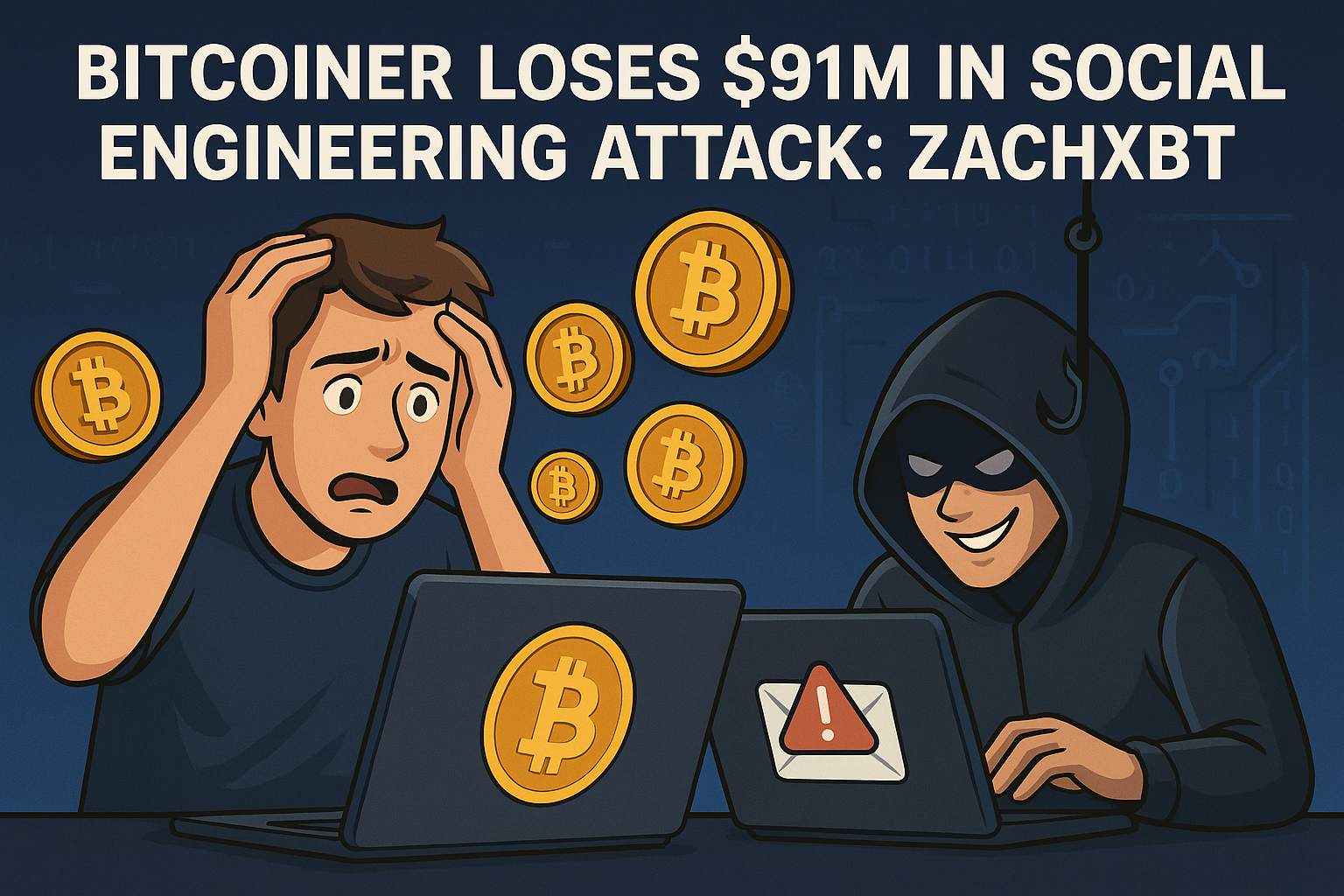Table of Contents
People are attracted to investing in cryptocurrency for several reasons, with the opportunity for substantial profits being a significant draw. Despite the existence of over 4,000 cryptocurrencies, many of which are of negligible value, ones like Bitcoin and Ethereum are becoming increasingly popular as ways to broaden investment portfolios and potentially secure considerable returns.
Additionally, the attraction to cryptocurrency for some investors stems from its decentralized and international market structure. Cryptocurrencies are not tied to conventional financial infrastructures and allow for buying, selling, and trading across borders worldwide. Here are a few tips on how to avoid Bitcoin and other crypto fraud.
Crypto-Only Payments
As the number of genuine merchants accepting cryptocurrency payments grows, it's important to note that almost all reputable sellers also offer the option of traditional payment methods, including credit cards or PayPal. Given the permanent nature of cryptocurrency transactions, it's wise to use digital currencies only with vendors or institutions you are confident are reliable.
Use Multi-Factor Authentication
Implementing multi-factor authentication adds a critical layer of security. It safeguards your financial and cryptocurrency accounts from unauthorized access. Should a cyber thief manage to secure your login details, they would still face the hurdle of needing a verification code sent to your personal device or email; a barrier they are unlikely to overcome.
Unexpectedly receiving such a code can be an early warning signal, indicating a potential security intrusion attempt on your account. If your security is breached, a cryptocurrency attorney can help businesses, individuals, and organizations navigate the complexities of cryptocurrency fraud.
Poor Quality Whitepaper
When credible institutions initiate a cryptocurrency offering through an ICO, it is standard practice for them to publish a whitepaper. This document delves into the technicalities of how cryptocurrency functions, its potential in the market, and all pertinent information that investors need to consider.
Examine this document meticulously; should the whitepaper demonstrate a lack of precision in its mathematical foundation, exhibit ambiguity, or reveal logical inconsistencies, it signals a questionable investment at the very least. More concerning, it could potentially be indicative of fraudulent activity.
Secure Your Cryptocurrency Wallet
When investing in virtual currencies and saving them in a cryptocurrency wallet, ensure your digital wallet is produced by a reputable firm with a proven history. Never share your wallet credentials; refrain from accessing it via public Wi-Fi.
Enrolling in two-factor authentication is crucial, as well as securing your devices with passwords to block access to your wallet in case your phone or laptop is obtained by someone else. Employing several wallets and utilizing cold storage options that do not connect to the internet can be prudent. By doing so, you safeguard your assets from being completely lost in the event of a security breach.
Exercise Caution in Whom You Place Your Trust
The cryptocurrency space is riddled with misleading guidance, making it imperative to be cautious about whose advice you follow to avoid being ensnared by scams. It's wise to steer clear of following financial tips from celebrities, individuals on social media or internet forums, or any other parties with whom you are not thoroughly acquainted and who lack credible financial qualifications.
Endnote
Cryptocurrencies offer a promising investment avenue, and numerous legitimate users highly value their privacy features. However, due to their lack of regulation and difficulty tracing them, they also attract criminal activities. Contact a lawyer experienced in cryptocurrency if you suspect any foul play.








